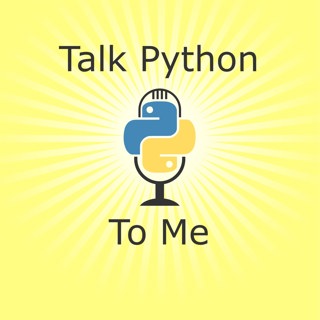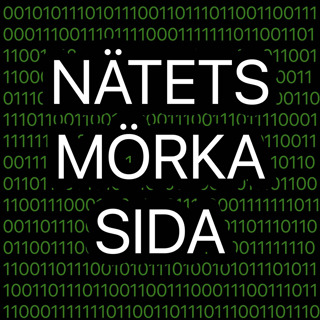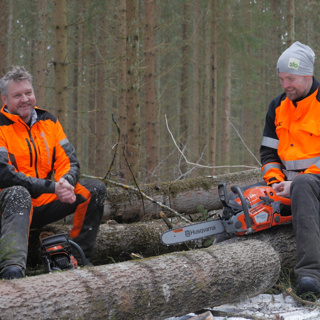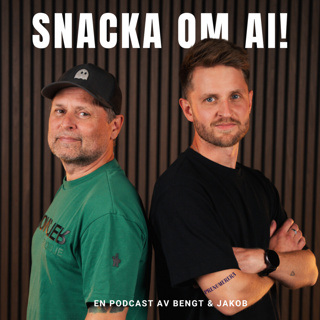
#343: Do Excel things, get notebook Python code with Mito
Here's a question: What's the most common way to explore data? Would you say pandas and matplotlib? Maybe you went more general and said Jupyter notebooks. How about Excel, or Google Sheets, or Numbers, or some other spreadsheet app? Yeah, my bet is on Excel. And while it has many drawbacks, it makes exploring tabular data very accessible to many people, most of whom aren't even developers or data scientists. On this episode, we're talking about a tool called Mito. This is an add-in for Jupyter notebooks that injects an Excel-like interface into the notebook. You pass it data via a pandas dataframe (or some other source) and then you can explore it as if you're using Excel. The cool thing is though, just below that, it's writing the pandas code you'd need to do to actually accomplish that outcome in code.
30 Nov 20211h 6min

#342: Python in Architecture (as in actual buildings)
At PyCon 2017, Jake Vanderplas gave a great keynote where he said, "Python is a mosaic." He described how Python is stronger and growing because it's being adopted and used by people with diverse technical backgrounds. In this episode, we're adding to that mosaic by diving into how Python is being used in the architecture, engineering, and construction industry. Our guest, Gui Talarico, has worked as an architect who help automate that world by bringing Python to solve problems others were just doing by point-and-click tooling. I think you'll enjoy this look into that world. We also touch on his project pyairtable near the end as well.
23 Nov 20211h 1min

#341: 25 Pandas Functions You Didn’t Know Existed
Do you do anything with Jupyter notebooks? If you do, there is a very good chance you're working with the pandas library. This is one of THE primary tools of anyone doing computational work or data exploration with Python. Yet, this library is massive and knowing the idiomatic way to use it can be hard to discover.
17 Nov 202159min

#340: Time to JIT your Python with Pyjion?
Is Python slow? We touched on that question with Guido and Mark last episode. This time we welcome back friend of the show, Anthony Shaw. Here's there to share the massive amount of work he's been doing to answer that question and speed things up where they answer is yes. He's just released version 1.0 of the Pyjion project.
10 Nov 20211h 13min

#339: Making Python Faster with Guido and Mark
There has a been a bunch of renewed interested in making Python faster. While for some of us, Python is already plenty fast. For others, such as those in data science, scientific computing, and even the large tech companies, making Python even a little faster would be a big deal. This episode is the first of several that dive into some of the active efforts to increase the speed of Python while maintaining compatibility with existing code and packages.
4 Nov 20211h 1min

#338: Using cibuildwheel to manage the scikit-HEP packages
How do you build and maintain a complex suite of Python packages? Of course, you want to put them on PyPI. The best format there is as a wheel. This means that when developers use your code, it comes straight down and requires no local tooling to install and use.
17 Okt 20211h 17min

#337: Kedro for Maintainable Data Science
Have you heard of Kedro? It's a Python framework for creating reproducible, maintainable and modular data science code. We all know that reproducibility and related topics are important ones in the data science space. The freedom to pop open a notebook and just start exploring is much of the magic. Yet, that free-form style can lead to difficulties in versioning, reproducibility, collaboration, and moving to production. Solving these problems is the goal of Kedro. And we have 3 great guests from the Kedro community here to give us the rundown: Yetunde Dada, Waylon Walker, and Ivan Danov.
9 Okt 20211h 3min

#336: Terminal magic with Rich and Textual
Have you heard of the package Rich? This library allows you to create very, well, rich terminal-based UIs in Python. When you think of what you can typically build with basic print statements, that may seem quite limited. But with Rich, imagine justified tables, progress bars, rendering of markdown, and way more. This is one of the fastest growing projects in the Python space these days. And the creator, Will McGugan is here to give is the whole history and even a peak at the future of Rich and a follow on library called Textual.
5 Okt 202159min





















